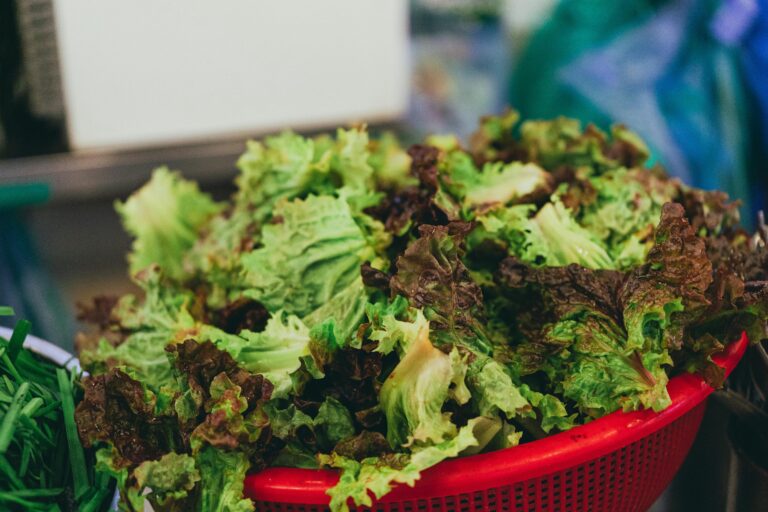Anti-Cancer Diet: Nutrition Tips to Reduce Cancer Risk

anti-cancer diet for cancer patients
While there is no single "anti-cancer" diet proven to cure cancer, Research shows that certain dietary and lifestyle choices can help lower the chance of developing cancer, lessen treatment side effects, and improve overall health.Here are some key guidelines to follow:
Foods to Include : Go Organic
Choosing organic foods minimizes exposure to harmful herbicides, pesticides, and synthetic additives. Glyphosate, a toxic herbicide linked to estrogenic activity, is especially concerning for hormone-related cancers. Since the introduction of GMOs, glyphosate use has increased 15 times, making organic produce a safer choice.
Eat More Fruits and Vegetables
The daily goal should be 3–4 cups of seasonal, fresh, low-glycemic fruits and vegetables. For example, Cruciferous vegetables (broccoli, cauliflower, sprouts and cabbage), Leafy greens like spinach, tomatoes contain lycopene linked with reducing prostrate cancer, carrots and sweet potatoes high in beta carotene. These foods are high in anti-inflammatory and antioxidant components, that aid in the fight against cancer. Broccoli is a cruciferous vegetable that contains sulforaphane, a potent anti-cancer chemical.For maximum benefits, chop broccoli and let it sit for 10 minutes before lightly steaming it.
Choose Healthy Fats and Proteins
Choose omega-3 fatty acids, which are present in walnuts, seeds, and fatty fish (mackerel, salmon). These lessen inflammation, which is a major contributor to the development of cancer. Avoid processed foods like?, which may include dangerous preservatives like nitrates, and choose grass-fed lean meats, eggs, lentils, and legumes for protein.
Smart Carbohydrate Choices
Stick to whole grains, legumes, and fiber-rich fruits and vegetables while avoiding refined carbs. Moderation is essential to avoid insulin spikes that encourage the formation of tumors because Indians have a tendency to consume carbohydrates in excess.
Hydration and Spices
Drink plenty of water and use anti-inflammatory spices such as oregano, ginger, garlic, and turmeric (curcumin). These have been shown to have anti-cancer effects.
The Right Cooking Oils
Choose cold-pressed oils like extra virgin olive oil, coconut oil, and mustard oil instead than refined ones. These are safer to cook with because they don't contain artificial additives and have greater smoke points.
Top Anti-Cancer Foods
- Garlic (allicin reduces cancer risk)
- Berries (rich in antioxidants)
- Green tea/matcha (catechins prevent cell damage)
- Grapes (resveratrol inhibits cancer growth)
- Tomatoes (lycopene lowers prostate cancer risk)
- Fatty fish (vitamin D and omega-3s protect against cancer)
Foods to Avoid
- Sugar and processed foods (spike insulin and promote inflammation)
- Artificial additives (preservatives, sweeteners, colors)
- Processed meats (contain cancer-linked nitrates)
- Excess cow milk (contains IGF-1, linked to breast, prostate, and colorectal cancers)
An anti-cancer diet avoids processed and sugary meals and emphasizes full, organic foods, plant-based nutrients, and healthy fats. Making thoughtful dietary adjustments can significantly lower one's risk of developing cancer and improve one's general health.












